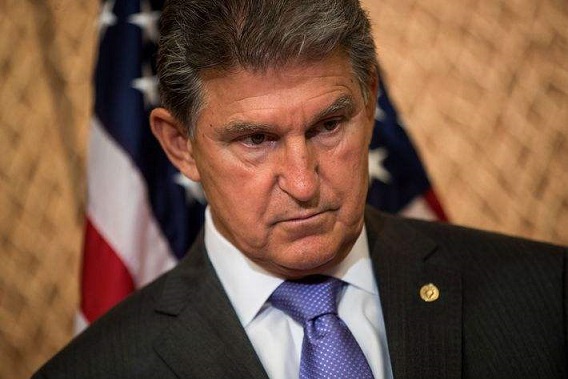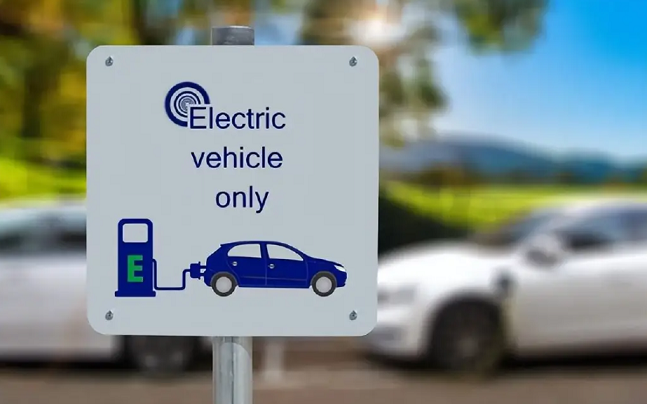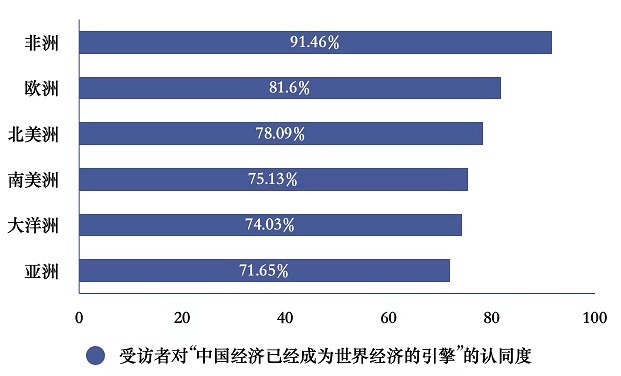It was late and White House aides had given him the cryptic guidance during their prep call for his Sunday show appearances on July 24: "We're not taking any swings."
That last weekend in July, the transportation secretary was -- like most Democrats -- still reeling from the latest death of a reconciliation bill tackling climate change that he and so many others had hoped for. The potential loss of the electric vehicles tax credits he had worked on most closely, and the bigger goals like carbon emissions cuts had Buttigieg feeling dejected, despondent.
The circle of those in the know had been kept so tight that even Buttigieg, one of the Cabinet secretaries closest to President Joe Biden who was managing some of the policies involved -- and a top TV pitchman -- didn't know how much was on the cusp of changing.
"There was a sense that things had stalled," acknowledged a top Biden adviser. "People felt that they weren't seeing what they thought they were going to see."
The upside to a year and a half of false starts and breakdowns, Democrats say: They stumbled into having a pile of good news right before midterm campaigning really picks up, and just as the average gas price has fallen below $4 and Donald Trump's last week included having the FBI search Mar-a-Lago and invoking the Fifth Amendment hundreds of times to the New York attorney general.
Three days after Buttigieg's TV appearances, Senate Majority Leader Chuck Schumer called Biden to tell him that he'd landed the deal with Manchin and brought the President's agenda back to life.
With that deal, which included deficit reductions and the biggest investments in combating climate change the US has ever made, now through Congress and headed to the President's desk, Biden and his team are rushing to reset the image they allowed to settle in of a doddering president wiling away his days in the Oval Office as time passed him by.
Three dozen White House aides, members of Congress and top staff as well as top political operatives spoke to CNN about Biden's race against time to change perceptions of his presidency. It's a sprint aimed at defying history by salvaging the Democratic majorities in Congress in the November midterms and -- just as critically for the President -- staving off any more defections from within his own party as he looks toward the reelection campaign that he is indeed planning to launch early next year.
While some even within the administration see the West Wing trying to put a rosy spin on a President who wasn't doing much, aides who were most deeply involved point to calibrated, multi-dimension, simultaneous strategies often overlooked by those focused only on Biden jawboning his way through Oval Office meetings.
There was making sure Buttigieg held back in those Sunday show interviews. There was deploying Commerce Secretary Gina Raimondo for intense national security briefings about China on the Hill to push through the CHIPS and Science Act. There was the group of aides who huddled by the sofa in the Roosevelt Room about how to feed an echo chamber of prominent liberals blasting Senate Republicans for initially refusing to pass the veterans burn pits health bill out of anger at the reconciliation deal -- and then get the tweets they helped generate in front of wavering Democrats to convince them to give up their objections for the sake of helping mess with Republicans.
And there was the quiet coordination with Manchin and Schumer as Biden held off declaring the climate emergency that many activists and Democratic officials were demanding, though they knew that would once again mean the President getting raked on social media by his own supporters. Though several options were prepared for how to declare a climate emergency, Biden aides say that gamble captures their approach: As disappointed as many of Biden's supporters were in the moment, passing a law produced a much bigger result that can't just be rescinded by a future president.
What came together "was not an overnight thing," the adviser said. Biden "plays the long game and really does have the ability to look ahead and know you're going to go through the rocky periods to get there."
Biden's caution not to make huge demands on any of the bills -- not calling for universal background checks in the gun reform, or for his full Build Back Better agenda to make it through reconciliation, was also key. "This President, by not letting the perfect be the enemy of the good, helped make so many of these things happen," said a senior Senate Democratic aide.
The climate provisions are a perfect example of where the White House feels Biden's role in setting the direction is being under-appreciated: Manchin wouldn't have been the 50th vote without Schumer, but they say there wouldn't have been 49 out of 50 votes there without Biden. Obama, they'll note, didn't get 50 out of 59 of his Senate Democrats on his cap-and-trade plan.
But by focusing on investments in clean energy projects that brought labor on board -- and tending to a network of unions to keep speaking up in support, much like the network of veterans' groups they were in touch with on the burn pits bill -- instead of carbon fees, Biden "built a climate plan that fused 49 (Democrats) together and the fusion stuck all the way," said a senior White House aide. "Obviously, not enough without Manchin. But without Biden's approach, you aren't even one vote away."
Still, when Schumer finished the negotiations, his first stop was House Speaker Nancy Pelosi's office, telling they had to talk with no staff in the room to keep it secret. She agreed to the terms. Biden, who'd given Schumer his sign off during a call a week and a half earlier, was the next call, to hear that it was done.
Along the way, close advisers say, Biden has proven his theory of his presidency: that major legislation can still actually move through Washington, that it can happen with bipartisan agreement even amid simultaneous partisan fights, that what may seem like outdated rules of governing and politics actually still matter in the age of instant gratification. That the answer to people yelling or threatening isn't to yell back, no matter what was said about him by Republicans or his own party.
In this wave of momentum inside the White House, aides often bring up the people who called Biden "naïve," just to swat that notion down. The phrase Biden and his aides return to often is that he and his allies have "met this moment." Some in the West Wing have been sending around a line from his South Carolina victory speech in 2020, when luck and circumstance and strategy and perseverance suddenly resurrected then-candidate Biden after he seemed like he was finished: "For those that have been knocked down, counted out, left behind, this is your campaign."
"We can't do it all the time, and we can't do it a lot of the time, but there are occasions when we can come together, and we should. And that's an important signal for the country," a senior White House official said late last week.




